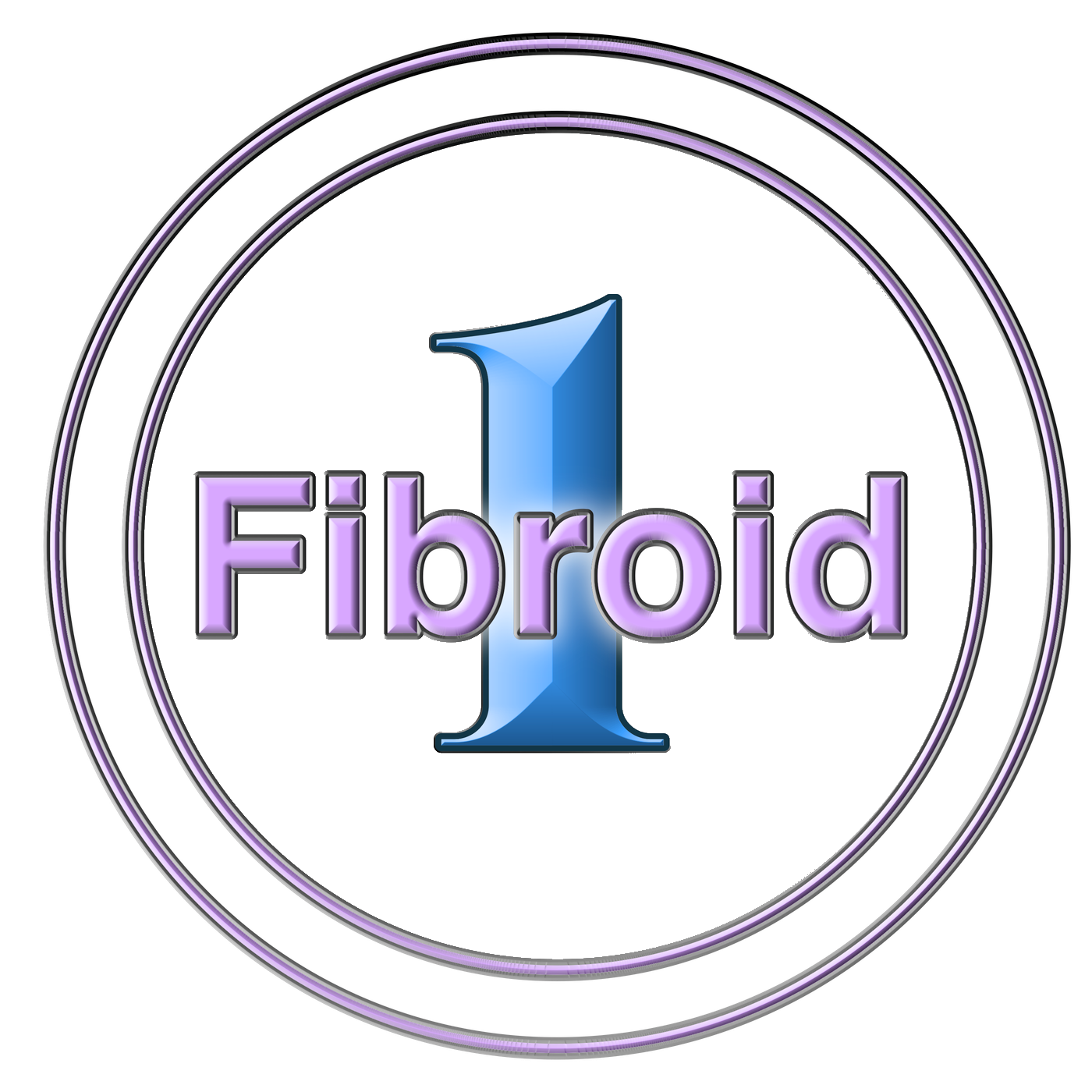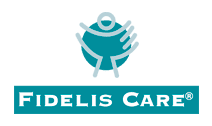The bladder can hold urine in most people until it is convenient to use the restroom, which is normally four to eight times each day. In the simplest case, you may be drinking too much or drinking too close to bedtime. Alternatively, frequent urination can be a sign of uterine fibroids.
Frequent Urination & Fibroids
Fibroids can pressure surrounding organs and cause what feels like an urgency to urinate. Pelvic pressure results from an increase in the size of the uterus or from a particular fibroid. It is not unusual for a uterus with fibroids to reach the size of a four to five-month pregnancy. Women can experience pressure on the bowel and/or bladder due to fibroids. This pressure can cause constipation, frequent urination, and urinary incontinence. In some rare cases, fibroids can press on the ureters (tubes that carry urine from the kidneys to the bladder), leading to kidney dysfunction.
Can Fibroids Cause Urinary Incontinence?
Urinary incontinence, the loss of bladder control, is a common issue affecting primarily women and people at an older age. The severity of incontinence can range from occasional, small leakage to an urge to urinate strong enough to cause distress and potentially embarrassing situations.
TWO TYPES OF INCONTINENCE
While frequent urination is one potential effect of fibroids, incontinence, or the loss of bladder control, can also occur. You should be aware that there are two types of incontinence: bladder and bowel.
- Bladder incontinence: Refers to incontinence of the bladder, or fibroids urinary incontinence.
- Bowel incontinence: Uterine fibroids also have the potential to impact bowel function, depending on their location and size. This is less common and manifests as constipation rather than bowel incontinence.
URINARY RETENTION
In some instances, fibroids can also cause urinary retention. Due to the size of the uterus, the ureter may become blocked. If the ureter becomes partially blocked, urine cannot flow successfully. If the fibroids cause the bladder’s exit to be completely pinched off, surgical procedures may need to help open the ureter. If you have fibroids, we recommend you track & document any difficulties emptying your bladder. It’s crucial to track these symptoms, so you can notify a specialist if your condition worsens.
Treatment for Fibroids Pressing on Bladder
It can be difficult to determine if your sudden urge to urinate is from another incontinent issue or uterine fibroids. If you’re having difficulty reaching the restroom in time, planning your life around being close to a bathroom, or are being interrupted by the need to urinate, it’s important to consult a 1Fibroid doctor immediately. Interventional radiologists use ultrasounds and magnetic resonance imaging (MRI) technology to determine the cause of your urinary urgency.
While you look into proper diagnosis and potential treatments, taking some steps to reduce your urinary symptoms may be helpful.
- Avoid drinking large quantities of liquid before bedtime or before heading away from your home
- Cut back on caffeine and alcohol
- Build up your pelvic floor muscles by doing kegel exercises
But the bottom line is that if your fibroids cause frequent urination or incontinence, the most successful way to fix the problem is to receive specialized fibroid treatment.
Uterine Fibroid Embolization (UFE) Is the Best Treatment for Fibroids
If fibroids are causing your frequent urination, we offer a non-surgical, outpatient treatment that should be able to help. Uterine Fibroid Embolization (UFE) uses a specialized ultrasound technique that helps map the body’s natural pathways and shrinks your fibroids.
During a UFE procedure:
- You will be given local anesthesia and a light sedative
- A surgeon will inject embolic agents through a tiny catheter into your uterine artery
- The embolic agents will block blood flow and nutrients to your fibroids
Over the next few weeks, your fibroids will wither away and eventually die.
Benefits of UFE Treatment
The resulting decrease in pressure should allow your bladder and uterus to return to their normal size and regular functions. Since our fibroid specialists utilize minimally invasive techniques, there is a little discomfort, limited to no scarring, no need for stitches or general anesthesia, and you can return to the comfort of your own home the same day.
In general, fibroids only need to be treated if they are causing symptoms or affecting a woman’s fertility or ability to carry a pregnancy. Treatment for uterine fibroids should be based on your medical history, surgical history, and goals of therapy. A 1Fibroid specialist can help you explore all your options before making any final treatment decisions.












